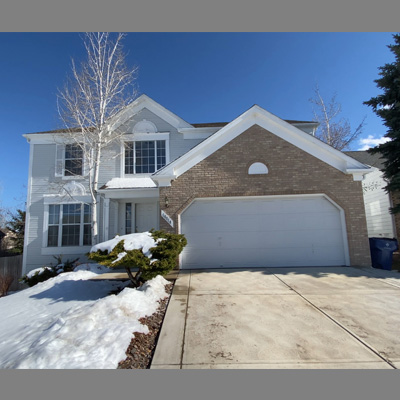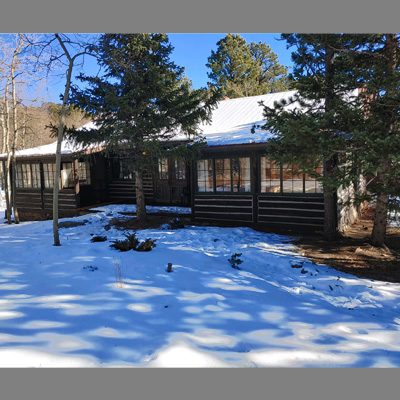

Radon is a naturally occurring, radioactive gas found in soil and rock. It seeps into homes through cracks in the foundation, walls and joints.
In some parts of the country, ground water can be a major source of radon. All homes should be tested for radon.
Learn more about Radon in Ground Water and Drinking Water.
Among non-smokers, radon is the leading cause of lung cancer in the United States.
Lung cancer due to radon exposure claims about 21,000 U.S. lives annually, based on EPA estimates.
More information about Radon Exposure and Lung Cancer.
In many cases lung cancer can be prevented; this is especially true for radon-related lung cancer.
EPA Recommends:
There are no federal, state or local regulatory limits for mold in the home or work environment. Because of this, air sampling may or may not prove useful. Sample results can vary widely based on several variables. Be sure to discuss with your consultant what you expect to determine from any sampling activity.
The result of your Radon test is provided after 48 hour run time.




